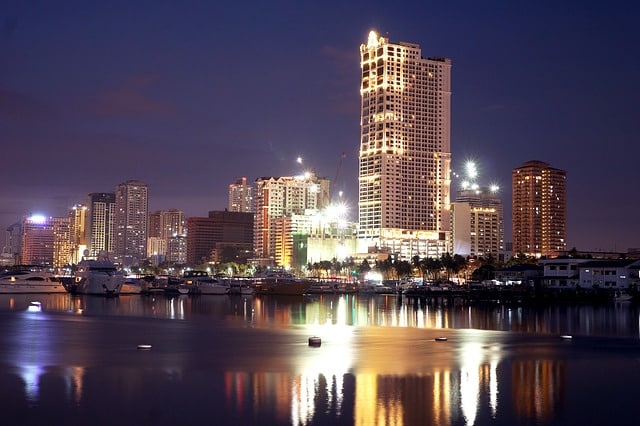Blockchain platform NEM has announced that one of its partners has signed a major deal in the Philippines.
LoyalCoin is a cryptocurrency payment gateway and exchange which operates using the LoyalCoin token, which is also a NEM token. Its new partnership is with Grab Philippines, which is the country's version of Uber.
This means that LoyalCoin tokens can now be used to pay for taxi rides. Through this deal, the NEM Foundation finds itself inside a major new market.
NEM
NEM, which stands for new economy movement, is a blockchain which runs on a ‘proof-of-importance’ consensus system. This means that users harvest its cryptocurrency (XEM) according to their importance score, which is calculated according to the number of XEM coins in their wallets and their frequency of activity. To be eligible for an importance score users must hold at least 10,000 XEM in their accounts, which is equal to approximately $1,823 at today's price.
NEM was launched in March 2015 and currently has a market capitalisation of $1.6 billion, according to coinmarketcap.com.
In January 2018 $534 million worth of XEM tokens were stolen from a Japanese cryptocurrency exchange. The NEM Foundation said that the theft was Coincheck's fault as the exchange had stored these particular coins in a different, less safe wallet than other coins. In response, it installed tracking software which made the stolen money useless to the thieves.
Philippines
The Philippines is the third largest remittance market in the world, with approximately $30 billion entering the country in this way in 2015 according to CCN.
This may be a reason that cryptocurrency is very popular there - last month the country's central bank, Bangko Sentral ng Pilipinas, reported that an average of $36.74 million was converted from cryptocurrency to the Philippine peso in the first quarter of 2018. In fact, there were millions of dollars' worth of Bitcoin transactions passing through the country as early as 2016, according to Reuters.
In February 2018 the Philippines became one of the first countries to make regulations for cryptocurrency businesses when it issued rules for cryptocurrency exchanges. The BSP made clear that cryptocurrency is considered a useful tool rather than legal tender: "...the BSP aims to regulate VCs when used for delivery of financial services, particularly, for Payments and remittances, which have material impact on anti-money laundering (AML) and combating the financing of terrorism (CFT), consumer protection and financial stability."
Last week the government announced that up to 25 cryptocurrency exchanges will be allowed to operate in the Cagayan Special Economic Zone, an area in the north of the country where national laws have been modified to encourage business. Formed in 1995, it has autonomy over its customs laws and is situated at the crossroads of major international shipping lines.
Exchanges that want to operate in the area will have to build headquarters and invest at least $1 million within two years, and ICOs must be registered with the Securities and Exchange Commission,


















